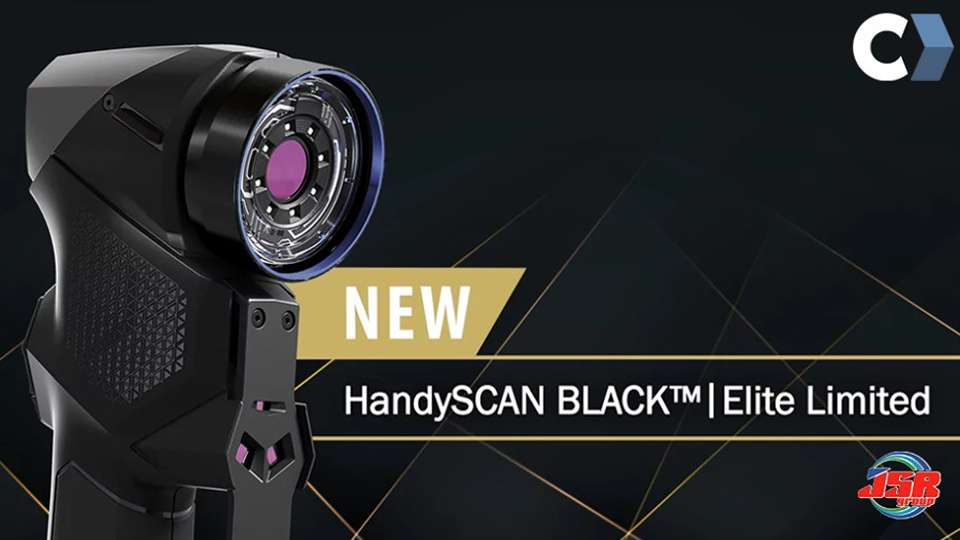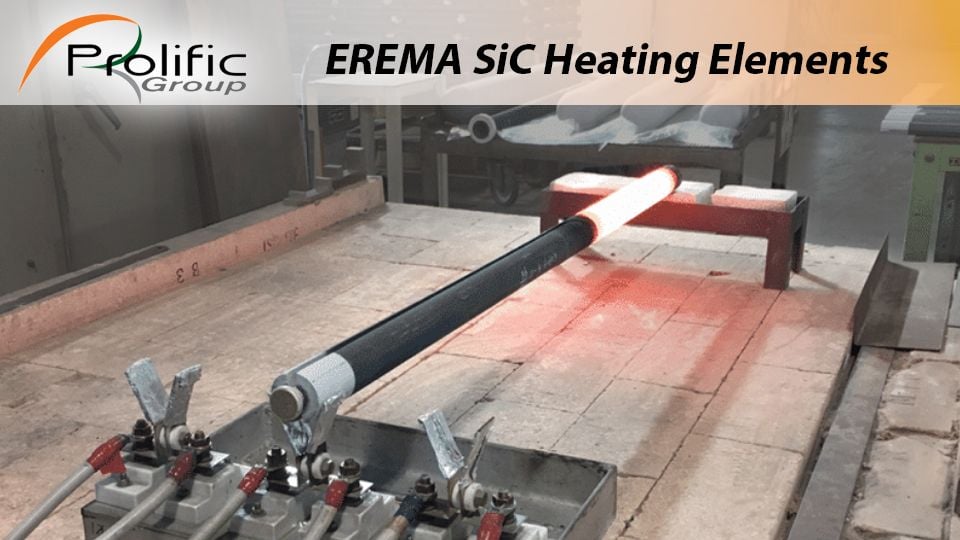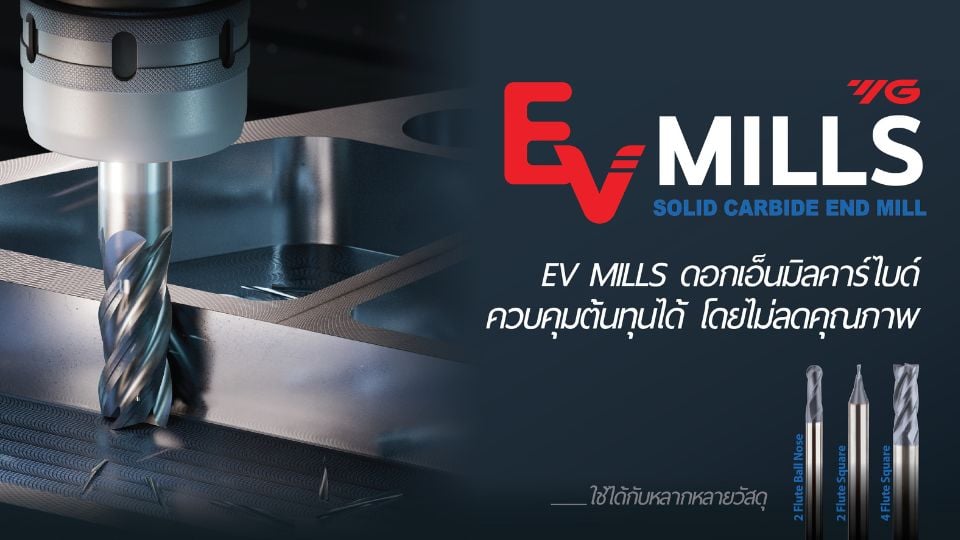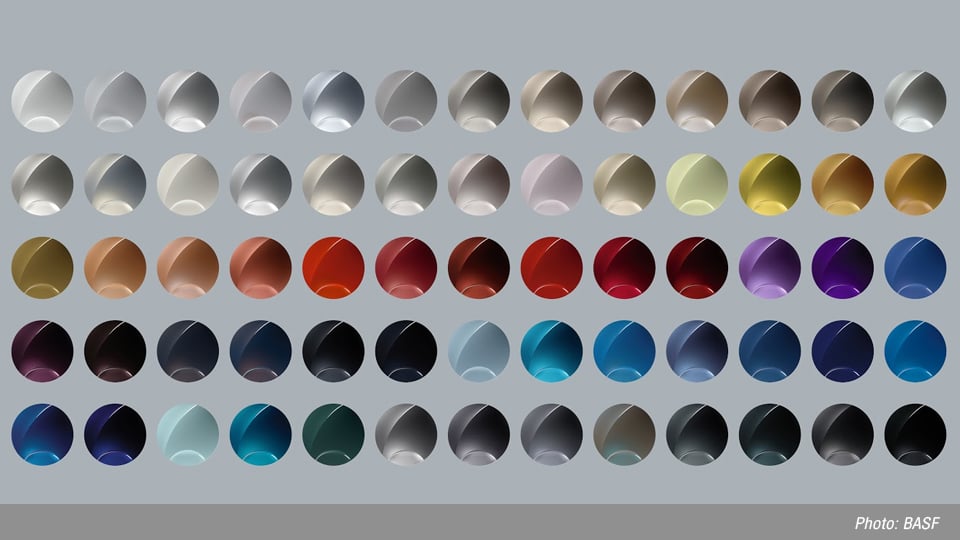
A commitment to actively shaping the future characterizes the Automotive Color Trends 2019-20
ACT/9, the title of the Automotive Color Trends 2019-20, is a demand to shape the future with an active attitude. By analyzing technological trends and societal changes, the designers at BASF’s Coatings division translated this drive into a collection of future color inspirations for automotive surfaces. Four design studios from North America, Europe, Middle East, Africa and Asia Pacific worked within this collaboration. The focus on these regions creates a profound understanding of the respective markets and its color drivers.
The global color trends mirror the positive commitment towards connecting digital innovations with human needs. The increasing relevance of digitalization underlines the acceptance of computer-based support. A decisive rethinking of resources is molding new product landscapes and consumption patterns.
A diverse range of colors signposts openness to digital progress
Multiple hues and distinctly different levels of chroma characterize the open-minded attitudes to advances in digitalization. Digital support is now seen as a natural part of life and its influence continues to grow. The coloration of future mobility, therefore, needs to take on a warmer and more approachable look. Atypical automotive color positions like yellowish off-tones and complex goldish metals comply with these directions.
Varieties of metallics mirror consumer commitment to societal change
The color trends reflect designers’ observations of an increasing desire to make essential changes. This impacts not only general consumption patterns and behaviors but also personal objectives. Since lifelong jobs are rare for many younger people, straight biographies are superseded by multifaceted life styles – what is now referred to as the “slash” generation. This requires flexible attitudes towards mobility patterns. The attitude of the slash generation is geared towards flexibility and creativity, offering the right balance between work and leisure. This interplay is captured through a series of metallics and solid colors ranging from light to dark shades.
In addition, numerous consumer and industry driven initiatives promote the profound rethinking of material life cycles. The designers of BASF’s Coatings division transform these impulses into innovative color concepts combining the aesthetic with sustainable solutions.
Asia-Pacific – Awareness for a new scope of action introduces a balanced palette of warm colors
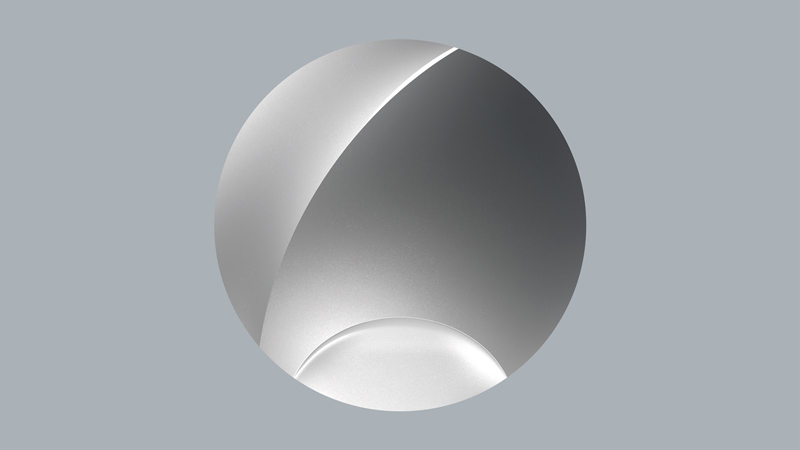
Photo: BASF
The spirit of multi-facetted life concepts manifests in the awareness of a new scope of action in Asian urban societies. Tradition fuses with new impulses of sustainable production and introduces a balanced palette of warm colors with calm, saturated flops. Moreover, these hues also go beyond the stereotype look of shades and surfaces, with fresh whitish silvers and more complex warm color spaces.
While the technology-friendly mindset in Asia-Pacific favors bright floating colors such as silky neutral metallics and blues with a slight color shift, the more emotional face of future automotive technology reveals itself in dark, raw vital colors such as coarse gray metallic or sensual purple. All in all, Asia Pacific’s modest and familiar color ranges make visionary automotive concepts more applicable.
EMEA – Defining new standards
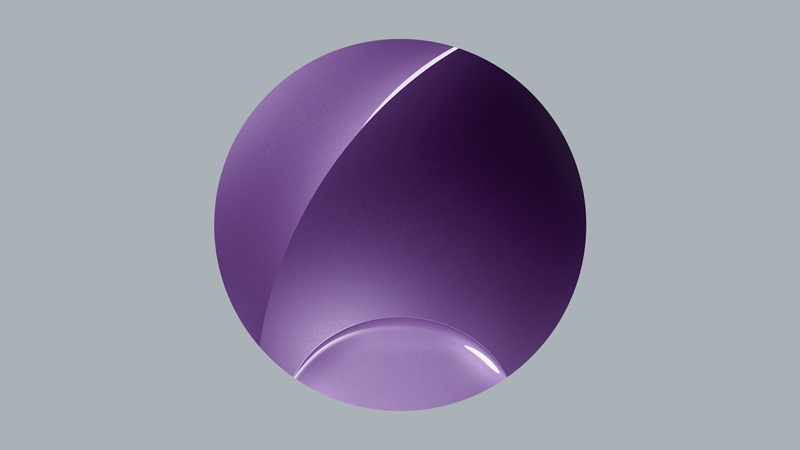
Photo: BASF
The immensely positive vibe is an indication for the upcoming changes of societal conventions in EMEA, in which unique color positions like violet metallic can become more common. One of the facets emphasizing this optimism is the continuously increasing importance of individuality for design concepts which is reflected in complex metallics in the beige and gold color space. Another aspect of life in in this region is the exploration of human needs in the context of increasingly automated mobility. Therefore, a selection of colors in EMEA are characterized by an artificial look which deletes effects but adds functionality. This also underlines the approach to pursue progressive ideas.
North America – Color changing hues reflect digital and lifestyle trends
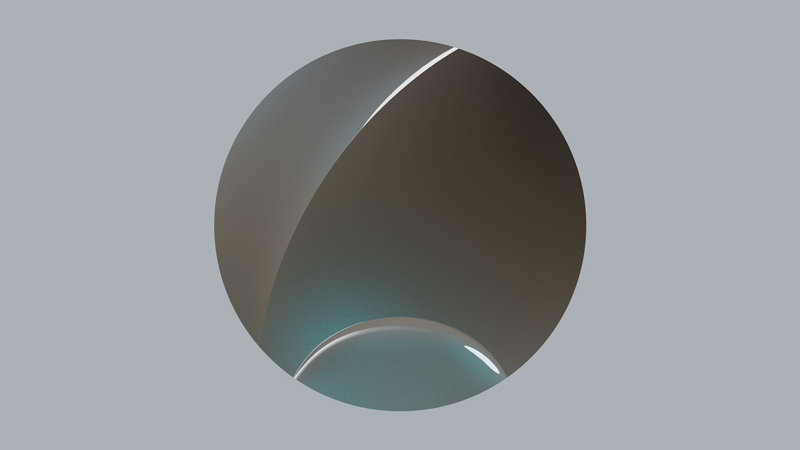
Photo: BASF
The continued fascination with technology in North America, coupled with an engaging and novel approach to ownership and co-creation, results in a change in the color palette from previous years, manifesting in a more pronounced flip-flop effect in varying hues rather than lightness/darkness. There is also a softening of the overall texture of the metallic effect. The new look to color travel comprises the emergent understanding of human interactions with machines, the mind-body duality, and the conflation of the conscious with the subconscious. There’s also the continued emphasis on the marriage of functionality with the aesthetic. Whether it’s creating a broad selection of colors to facilitate the engineering requirements of future transportation or a focus on using colorants and products from eco-friendly sources, the region’s designs are tied to expectations of performance and novelty.


